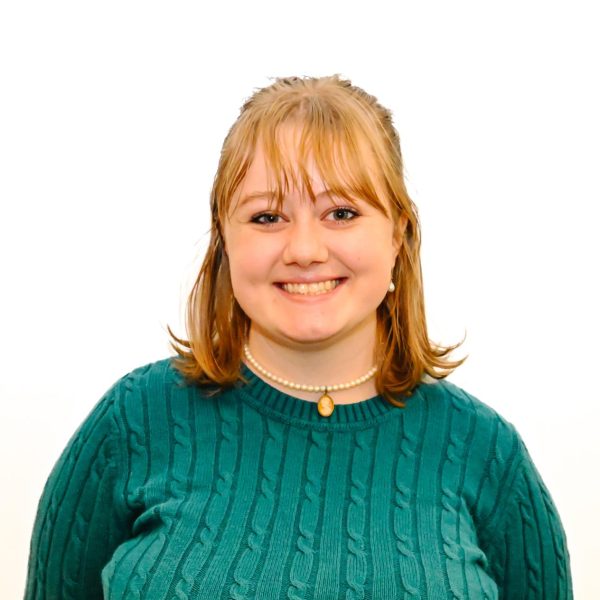A UMass Boston student, Karla Corres Luna, earned a Fulbright Award. For those who don’t know, Fulbright offers several types of scholarships, most to fund research. Corres Luna answered a few questions on the matter:
Rena Weafer: What do you study at UMass Boston?
Karla Corres Luna: I am a PhD candidate in her third year under the Organizations and Social Change program at the College of Management.
RW: What type of Fulbright Award were you granted?
KCL: I was awarded the Garcia-Robles Fulbright, which is an open study/research award.
RW: Can you explain a little about your application process?
KCL: First, one should check eligibility criteria and find out why that country fits for your research. Then you find a host university that is willing to host you. In my case, Universidad Nacional Autónoma de México or UNAM is my host university, and they have a branch at UMass Boston, which facilitated making connections with professors. I then prepared my application materials—a research statement, host university letter, personal statement, three letters of recommendation, one language evaluation with a professor from campus—and submitted my online application. Then, I got called for an on-campus panel interview, and in January I got my notification of semi-finalist selection status. However, I needed to do another interview with Comisión México Estados Unidos para el Intercambio Educativo y Cultural, or COMEXUS, in Spanish over Zoom, which was also a panel interview. At the beginning of April, I got the news that I was a finalist. From then I just followed every deadline they have to submit my passport documents and other needed information.
RW: What are you doing with your award?
KCL: This award will support my dissertation research where I study how social enterprises can create community empowerment in communities of extreme poverty in the field of housing. I am working with an organization that focuses on delivering homes to those living in extreme poverty, but to deliver such homes, they have participatory approaches that allow families to make decisions about the house being built, and this process should create community empowerment. But I am intrigued as to whether it does, and if so, what does this mean for the families? What are the areas of their lives that this impacts them? Thus, I will be conducting interviews with the recipients of the homes in two states of Mexico with the goal of understanding to what extent this is accomplished. The Fulbright will fund me to be in the field for an extended period, and it will also allow me to network with other scholars doing similar work.
RW: What should students know if they are interested in applying?
KCL: Start your application over the summer, and if you don’t have a connection with the intended university, start networking and reaching out to professors that might be able to facilitate the connection. Reach out to the Fulbright coordinator on campus, as all they want is for your application to be great. They are a great resource that I wish I had reached out way before. Also, keep in mind that every campus has an in-house deadline, which is different from the general Fulbright deadline, so be aware of when that is.
RW: Is there anything you would like students to know about?
KCL: For me this is a huge academic accomplishment, but also a personal one. Personally, because this will allow me to go back to my homeland, Mexico—I immigrated to the U.S. when I was 11 years old—as I don’t know much or what it means to be a Mexican in Mexico. I feel more Mexican-American and understand what it is to be that identity in the U.S., but in some way this opportunity will allow me to regain another part of my identity that I still don’t know yet.


